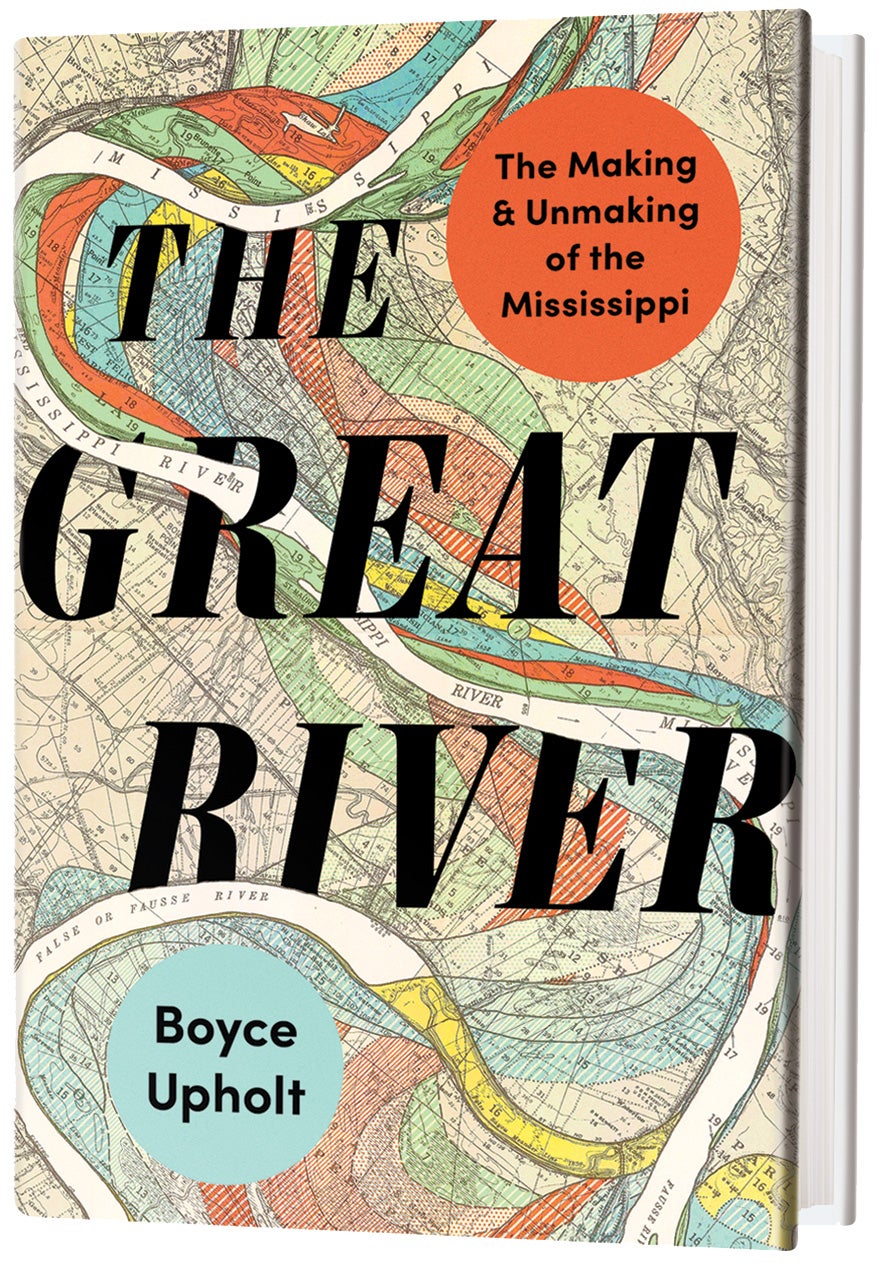Imagining a Radical New Relationship with the Mississippi River
The Mississippi River has been manipulated for many years. A brand new e-book considers various types of management
A tugboat pushes cargo on the Mississippi River at daybreak.
Riddhish Chakraborty/Getty Photographs
NONFICTION
The Nice River: The Making and Unmaking of the Mississippi
by Boyce Upholt.
W.W. Norton, 2024 ($29.99)
Blast. Carve. Dredge. Smash. Such highly effective verbs fill a single paragraph midstream in Boyce Upholt’s sweeping ecological historical past of the Mississippi River. It’s becoming, provided that brute power has been the dominant paradigm since settler instances for contending with the river, whose watershed encompasses 40 p.c of the continental U.S. There was a time when people had a extra intimate relationship with the river the Ojibwe individuals known as the Misi-ziibi, which Upholt interprets as “the Great River,” and on this fascinating and troubling e-book, he argues that we may select this path once more.
On supporting science journalism
In the event you’re having fun with this text, take into account supporting our award-winning journalism by subscribing. By buying a subscription you might be serving to to make sure the way forward for impactful tales in regards to the discoveries and concepts shaping our world as we speak.
Upholt, a New Orleans–primarily based journalist, deftly weaves the river’s story with deep historic analysis, in addition to reporting from canoes and atop levees. 4 thousand years in the past the continent’s native inhabitants constructed monumental earthworks alongside the river, mysterious testaments from nice civilizations. However too rapidly, each on the continent and in Upholt’s telling, Indigenous peoples had been pressured offstage. Enter settlers and swindlers, pioneers and politicians, all bent on unbending the river, ecosystems and human our bodies deemed expendable alongside the best way as engineers pressured their will on the panorama. “It’s an imagined canvas,” Upholt writes, “that we’ve stretched atop the geological frame of the continent.”
Upholt’s narrative can loop just like the river’s oxbows, folding again on itself in an at instances complicated chronology, however such is the complexity of the Mississippi. The river that after was won’t ever be once more, so altered is its form and so remodeled the world it programs by way of, a hotter place that swings extra incessantly between drought and flood. Upholt reckons along with his personal uncertainty about find out how to transfer ahead. Break down all of the boundaries and let the river run free once more alongside the sinewy paths depicted in cartographer Harold Fisk’s Forties maps, considered one of which graces the quilt of The Nice River? Pursue inexperienced infrastructure as relentlessly because it has been denied? Whom or what to prioritize? Farmers or cypress or shrimpers? Commerce or communities?
Even when we will rekindle our relationship with the river, what we might not be capable of select is the trail of the river itself. Water finds its approach. Can we?


